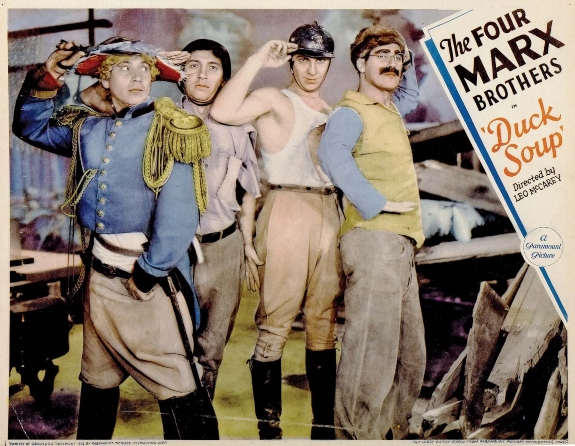Dear WW:
Goodie Ace told some unemployed friend of mine that you were disappointed or annoyed or happy or drunk that I hadn't answered the letter you wrote me some years ago. You know, of course, there is no money in answering letters – unless they're letters of credit from Switzerland or the mafia. I write you reluctantly, for I know you are doing six things simultaneously – five including sex. I don't know where you get the time to correspond.
Your play, I trust, will still be running when I arrive in New York the first or second week in April. This must be terribly annoying to the critics who, if I remember correctly, said it wouldn't go because it was too funny. Since it's still running, they must be even more annoyed. This happened to my son's play, on which he collaborated with Bob Fisher. The moral is: don't write a comedy that makes an audience laugh.
This critic problem has been discussed ever since I was Bar Mitzvahed almost 100 years ago. I never told this to anyone, but I received two gifts when I emerged from childhood into what I imagine today is manhood. An uncle, who was then in the money, presented me with a pair of long black stockings, and an aunt, who was trying to make me, gave me a silver watch. Three days after I received these gifts, the watch disappeared.
The reason it was gone was that my brother Chico didn't shoot pool nearly as well as he thought he did. He hocked it at a pawnshop at 89th Street and Third Avenue. One day while wandering around aimlessly, I discovered it hanging in the window of the hock shop. Had not my initials been engraved on the back, I wouldn't have recognised it, for the sun had tarnished it so completely it was now coal black. The stockings, which I had worn for a week without ever having them washed, were now a mottled green. This was my total reward for surviving 13 years.
And that, briefly, is why I haven't written you for some time. I'm still wearing the stockings—they're not my stockings anymore, they're just parts of my leg.
You wrote that you were coming out here in February, and I, in a frenzy of excitement, purchased so much delicatessen that, had I kept it in cold cash instead of cold cuts, it would have taken care of my contribution to the United Jewish Welfare Fund for 1967 and '68.
I think I'll be at the St Regis hotel in New York. And for God's sake don't have any more success – it's driving me crazy. My best to you and your diminutive friend, little Dickie.
Groucho
Via: The Guardian
Groucho Marx died on 19 August 1977, just three days after the death of Elvis Presley had shocked the world. While there was an abundance of tributes in the press for Elvis, the press paid little attention to Groucho's passing. The lack of coverage for his friend in Time Magazine (which devoted only one small paragraph to Groucho) led Woody Allen to write to the editor: "Is it my imagination, or were you guys a little skimpy with the Groucho Marx obituary?"
 |
| The Marx Brothers' Duck Soup (1933) was a big influence on Woody Allen's films. Allen said in a 1976 interview that the film was "probably the best talking comedy ever made". |


No comments:
Post a Comment